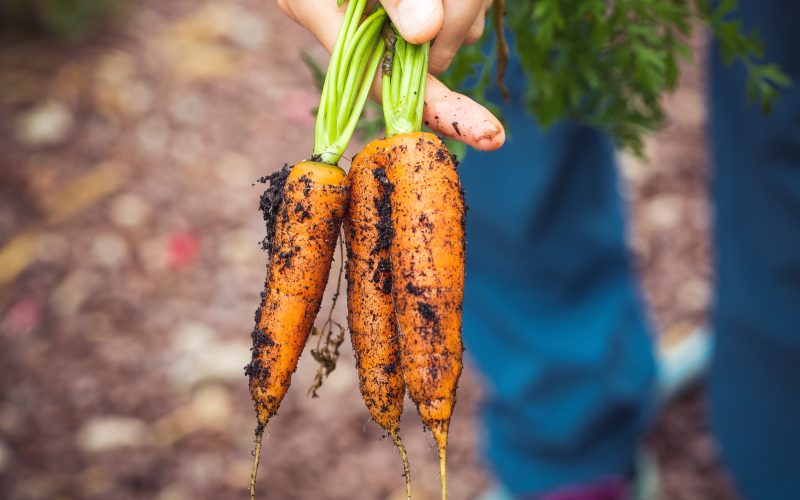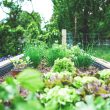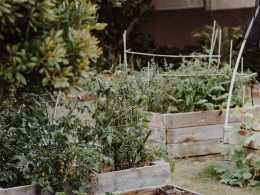If you’re looking to grow your own vegetables, but want to avoid using harmful chemicals, then organic gardening is the way to go. Organic gardening is a method of growing plants without the use of synthetic fertilizers, pesticides, or herbicides. It’s a natural and sustainable way to grow your own food, and it’s easier than you might think. In this article, we’ll cover the basics of organic gardening and give you some tips on how to keep your vegetable garden chemical-free.
What is Organic Gardening?
Organic gardening is a method of growing plants that relies on natural processes to maintain soil fertility and control pests and diseases. It involves using natural fertilizers, such as compost and manure, to provide nutrients to the soil, and using natural pest control methods, such as companion planting and crop rotation, to keep pests and diseases at bay.
Why Choose Organic Gardening?
There are many reasons to choose organic gardening over conventional gardening. First and foremost, organic gardening is better for the environment. By avoiding the use of synthetic fertilizers and pesticides, you’re reducing the amount of harmful chemicals that end up in the soil, water, and air. Organic gardening is also better for your health. By eating vegetables that are grown without chemicals, you’re reducing your exposure to harmful toxins.
Getting Started with Organic Gardening
To get started with organic gardening, you’ll need to prepare your soil. Start by removing any weeds and debris from your garden bed. Then, add a layer of compost or well-rotted manure to the soil. This will provide your plants with the nutrients they need to grow strong and healthy.
Choosing the Right Plants
When choosing plants for your vegetable garden, it’s important to choose varieties that are well-suited to your climate and soil type. You should also choose plants that are resistant to pests and diseases. This will help you avoid the need for chemical pesticides and herbicides.
Natural Pest Control Methods
One of the key principles of organic gardening is using natural pest control methods. Companion planting is a great way to keep pests at bay. For example, planting marigolds alongside your vegetables can help repel pests like aphids and whiteflies. You can also use crop rotation to prevent pests and diseases from taking hold. By rotating your crops each year, you’re reducing the likelihood of pests and diseases building up in the soil.
Harvesting Your Vegetables
When it comes time to harvest your vegetables, it’s important to do so at the right time. Vegetables that are harvested too early or too late may not be as flavorful or nutritious. You should also be careful not to damage the plants when harvesting. Use a sharp knife or scissors to cut the vegetables from the plant.
Conclusion
Organic gardening is a natural and sustainable way to grow your own vegetables. By avoiding the use of synthetic fertilizers and pesticides, you’re reducing your impact on the environment and improving your health. With a little bit of preparation and some natural pest control methods, you can keep your vegetable garden chemical-free and enjoy a bountiful harvest of fresh, healthy vegetables.











